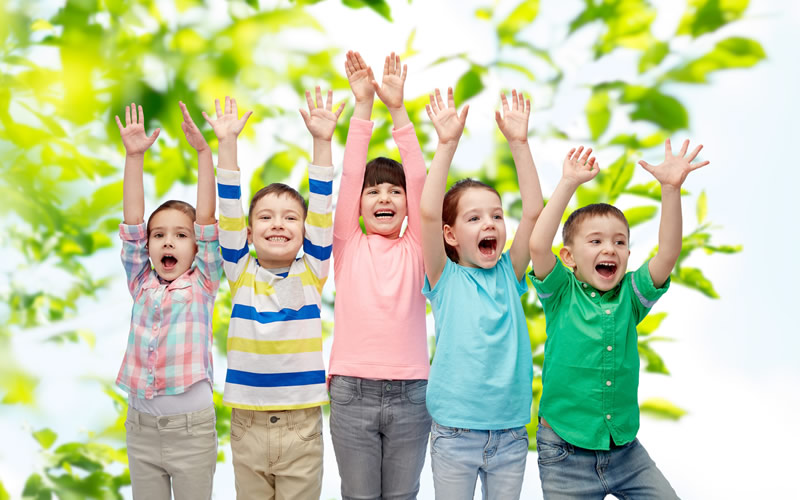The Most Important Things Your Kids Should Know About the Environment

Our motivation, at least to some extent, in protecting our environment is our conviction that we need to pass this on to the next generation, our children. If climate change, biodiversity loss and resource consumption were to get out of hand, what planet would we be giving future generations to live in? The gravity of these issues and the urgency to address them becomes all the more clear when we think about how our children and grandchildren will have to live in 50 or 100 years from now. But there is something else we should be doing right now for our children’s environmental education.
Environmentally aware citizens make better-informed decisions and choices about complex issues, such as the environment. This is critical to sustainable development which requires well-informed citizens that can make balanced decisions based on economic, social and environmental considerations.
The good news is that educating our children about the environment will be probably much easier as there is heightened media attention on issues related to our environment. Studies already indicate that the younger generation is much more environmentally conscious: environment features high in the issues they would like to see addressed whereas environmentally conscious consumer choices is something that they also pursue. For example, 71% of millennials (18-32 year olds) want brands to be environmentally friendly and ethical[sc:1], while in some countries, such as Switzerland, environment is the top priority with over 58% of youths considering this the most important issue to be addressed[sc:2].
So as parents or even teachers, a lot of us already more environmentally-conscious millennials, what should we be teaching our children about the environment?
Conserving resources: water, energy and waste
One of the easiest things you can teach children about the environment is how to use basic utilities at home, school or – later in their life – the office. Children should learn how to limit using energy to heat their house through energy efficient solutions or seeking to utilise renewables for heating and warming. Simple tips like wearing something warmer rather than cranking up the heating is also easy to teach. Similarly, water should be used with care, as well. In addition to ensuring that water is not waster in the shower or when cooking, children should also know about solutions to re-use wastewater. Children should also learn about the impacts of waste and how to mitigate those through recycling and composting.
Buying green
Looking out for sustainable products is also critical. This is particularly important as the purchases we make ultimately determine the market share of producers that work with the environment or against it. Intensively farmed land is harmful to our land’s productivity, biodiversity and climate change. So opting for products farmed sustainably can greatly contribute to minimising our environmental impact. These considerations are just as important when it comes to buying our fish and seafood. Our marine environment’s fish stocks are getting depleted at an ever greater rate. So it is our responsibility to choose products that are sustainably produced. Buying green though is not just about our food; any product we buy has an environmental impact. So seek products that are made from sustainably source material.
Sustainable transport
Cycling is becoming increasingly popular and bicycles are now adapted to modern-day lifestyle. They can be electric to help facilitate mobility in urban environments, they can fold up so that they can be more easily while cycling lanes are increasing. Cycling to work or using public transport are greener modes of transport; if a car is needed, perhaps population can be kept down by sharing a car with co—workers. For longer distances, trains should be the preferred choice of transport where possible rather than taking the plane.
Volunteering
Getting first-hand experience is one of the best ways to learn about the environment and the challenges we are facing. Signing up for a beach clean-up or visiting national parks or natural reserves is a great way to help children understand the importance of protecting our environment and what we need to do to conserve it.
These are just some things we can teach children about the environment to better equip them for the future and ensure that they see themselves as stewards for our environment. The best way to ensure that our children take those principles at heart is to make sure they learn them from an early age; and the only way to do that effectively is for us to practice what we preach and thereby set the good example.
[sc:2] https://goo.gl/yGDemG

